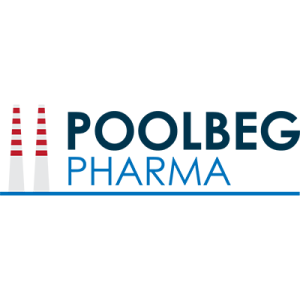Artificial intelligence is no longer just a promising technology; it is an unstoppable force reshaping industries at an unprecedented pace. With GlobalData projecting the AI market to exceed $1 trillion by 2030, its impact on life sciences is already tangible. AI is revolutionising drug development, and with over 3,000 drugs now created or repurposed using AI, the sector is undergoing a transformation that will only accelerate in the years ahead.
AI-driven advancements in pharmaceutical development are unlocking breakthroughs in some of the most complex scientific challenges. Among these, protein design is experiencing a radical shift. Proteins, the foundation of biological function, have traditionally been engineered through labour-intensive methods such as directed evolution and immunisation. While effective, these approaches have limitations in precision and scalability. Computational de novo design introduced new possibilities, but it still required extensive experimental refinement to optimise protein interactions.
AI is now pushing the boundaries of protein engineering beyond what was previously possible. Machine learning models trained on vast structural and sequence datasets are enabling the design of proteins with remarkable specificity and binding efficiency. Generative AI models streamline the discovery process, optimising protein interactions while drastically reducing the need for time-consuming experimental screenings. In 2024, researchers demonstrated AI-generated protein designs with binding affinities improved by factors of 3 to 300 compared to traditional methods. These breakthroughs have already shown promise in areas such as combating SARS-CoV-2 and advancing cancer and autoimmune disease treatments.
What makes AI so powerful in this domain is its ability to design structurally diverse, stable, and highly functional protein binders in a scalable and efficient manner. Through AI-driven scoring and iterative refinement, high-potential candidates can be prioritised, accelerating the drug discovery pipeline. AI has already delivered promising results in targeting complex therapeutic molecules such as VEGF-A and IL-7RA, where conventional methods have struggled. As AI technology continues to evolve, its potential to address intricate biological challenges and unlock new frontiers in medicine and biotechnology is limitless.
AI is no longer just an auxiliary tool in life sciences; it is becoming an indispensable driver of innovation. With its ability to revolutionise drug development, reshape protein engineering, and accelerate discovery pipelines, AI is fundamentally altering the future of healthcare and biotechnology. Investors looking for the next wave of transformative opportunities should take note—this revolution is just getting started.
Poolbeg Pharma plc (LON:POLB) is a clinical stage infectious disease pharmaceutical company, with a novel capital light clinical model which enables us to develop multiple products faster and more cost effectively than the traditional biotech model.


